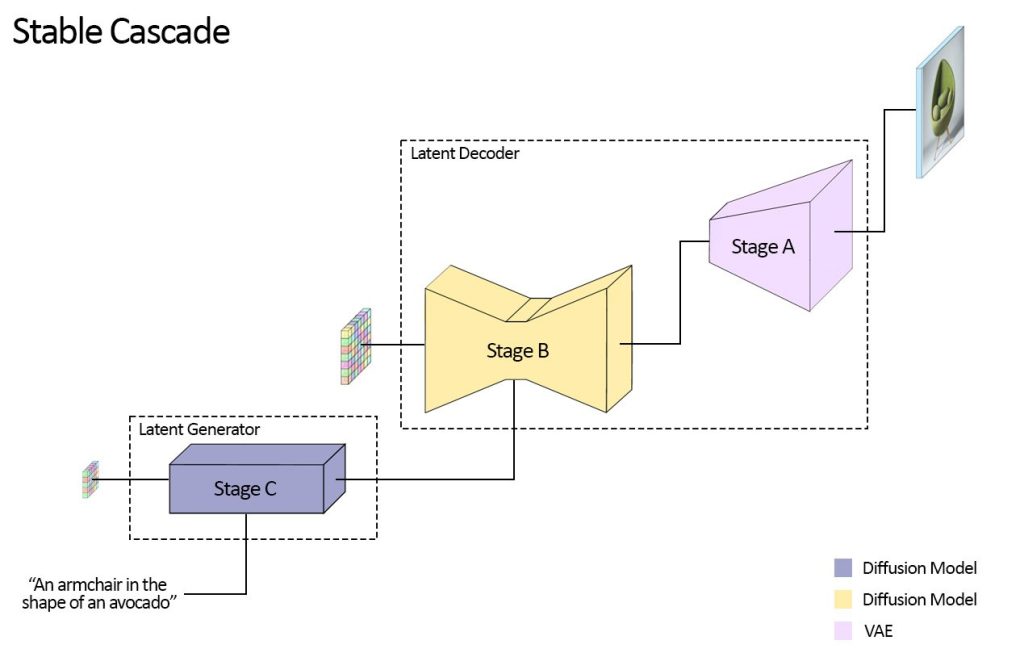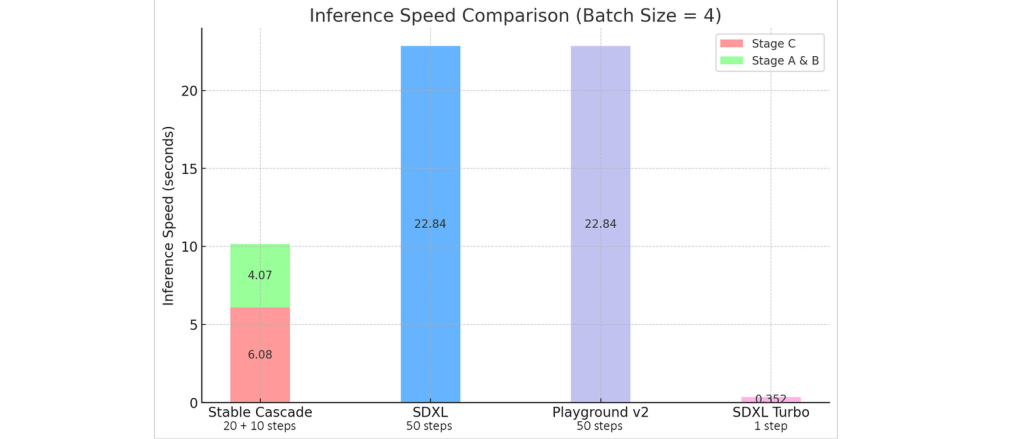Stability AI's Stable Cascade generates images faster than Stable Diffusion
This model is available on GitHub
3 min. read
Published on
Read our disclosure page to find out how can you help Windows Report sustain the editorial team Read more

Another advancement in the dynamic AI landscape, Stability AI, introduces the latest image-generating AI model, Stable Cascade.
It is claimed to be a faster and more robust successor to Stable Diffusion, which is the foundation for several other text-to-image generation AI tools.
Stable Cascade is capable of generating images, along with variations of the same picture it created. Moreover, it can also enhance the resolution of existing images.
Other text-to-image editing features include inpainting and outpaiting, which allows you to selectively edit certain parts of an image.
Unlike Stable Diffusion models, Stability AI has taken a new approach with Stable Cascade, using three language models that depend on the Würstchen architecture. The process has three stages: C, A, and B.
In the first stage, C compresses text prompts into latents, smaller pieces of code, then the latents are passed to stages A & B for decoding, resulting in a faster and more efficient image generation process.
The ability to break down requests into smaller bits, reduces memory requirements, thereby accelerating the training process. This helps prompt alignment and aesthetic quality.
Stable Cascade is quite efficient and has impressive speed, as it can create an image in just 10 seconds as compared to the current Stable Diffusion XL model, which takes 22 seconds.
As of now, Stable Cascade is available on GitHub for researchers only and can’t be used for commercial purposes. This model is capable of intensifying the competition in the AI landscape, as major companies like Apple and Google are also set to unveil their image generation models.
Stability AI has also started offering commercial licenses for Stable Diffusion via a subscription model in December to fund its research projects.
Stability AI’s Stable Diffusion model has been infamous due to lawsuits, including the one by Getty Images, which alleges that the company has used copyrighted data for training purposes without permission. The trial is scheduled to start in December.
We understand that competition in the AI industry is fierce, but lawsuits like these can damage a company’s image, leading people to doubt the organization’s ethical practices and legal compliance.
The introduction of Stable Cascade is an important milestone for Stability AI, which showcases the company’s commitment to pushing the boundaries of image generation technology.
However, it should also address the legal issues as it is crucial for maintaining trust and credibility in the tech community.
What do you think? Share your thoughts in the comments section below.










